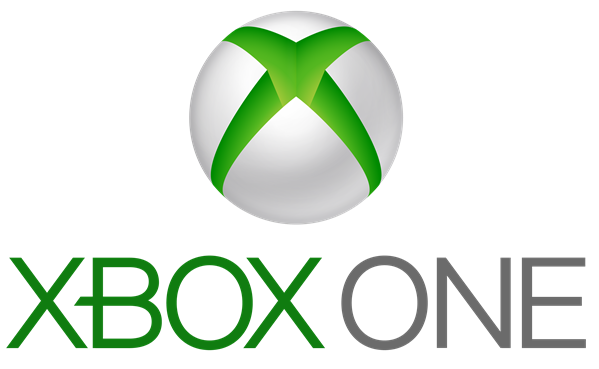Microsoft to Launch SDK Preview for Xbox One in May
posted Sunday Feb 22, 2015 by Nicholas DiMeo

At Microsoft's Windows 10 event, there was quite a bit of conversation around the Xbox One and its capabilities as it relates to the new operating system. We knew with universal apps, we'd see a lot of interesting ways the Xbox One could be used, but we didn't have much detail on when we'd see the platform open up for this ability. This week, however, that changed as Microsoft announced new plans for an SDK preview for the Xbox One.
While we'll know a lot more in April at Microsoft's Build conference, the company said we will see an SDK preview launching in May. With that also comes the ability for current retail Xbox Ones to be converted into developer kits. Previously, you had to shell out some extra cash and be part of a special program to have access to the Xbox One dev kit. Now, everyone will be able to use their retail Xbox One, once converted, to test and publish apps. Even better, Microsoft also said that we'll finally have the ability to run third-party music apps in the background. This is huge news for any serious gamer, as it was a nuisance to have to snap your favorite music app to play alongside your game.
One question that remains unclear is Kinect usage with Xbox One apps. Not too long ago, Microsoft finally opened up the Kinect to developers to play with, but some devs have said that the entire feature set wasn't there. Others have said they were not impressed with the abilities made available to them. As of right now, we don't know if Microsoft will allow the Kinect to be used with universal apps, but if Cortana being embedded in every piece of Microsoft hardware has any indication of the support for voice controls, I'd imagine we'll see the Kinect be used as much as possible moving forward. I personally can't use the Xbox One without it.
In November, we'll start to see the switch to universal apps on the Xbox One. Developers can then submit apps to the platform using the new SDK from their converted retail units. Along with the November transition, we'll have Windows 10 moving to the Xbox One later on this year, with more information on that probably divulged at Build or E3.

